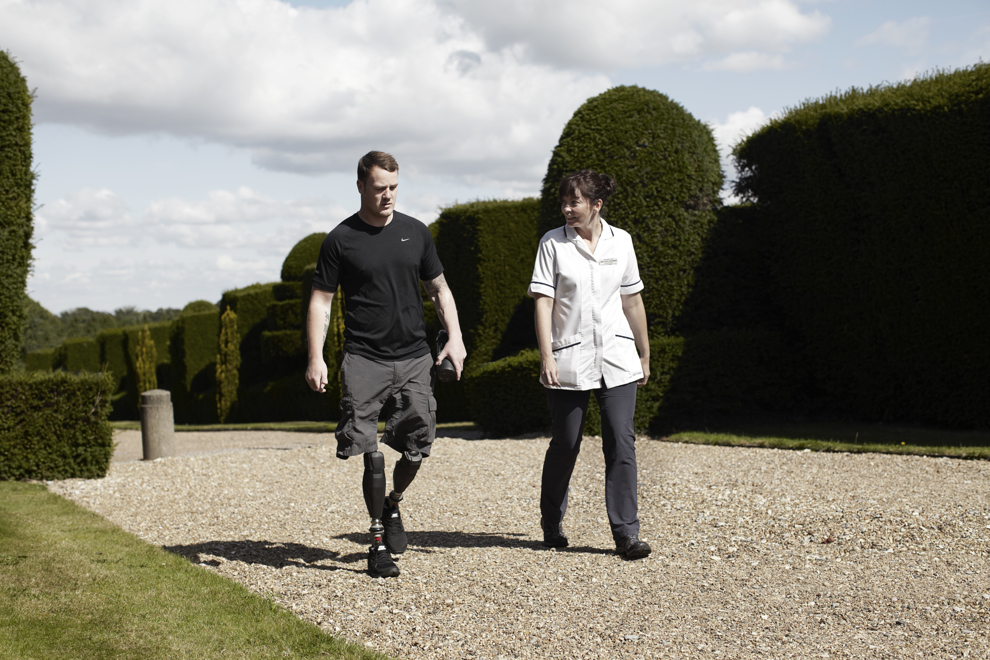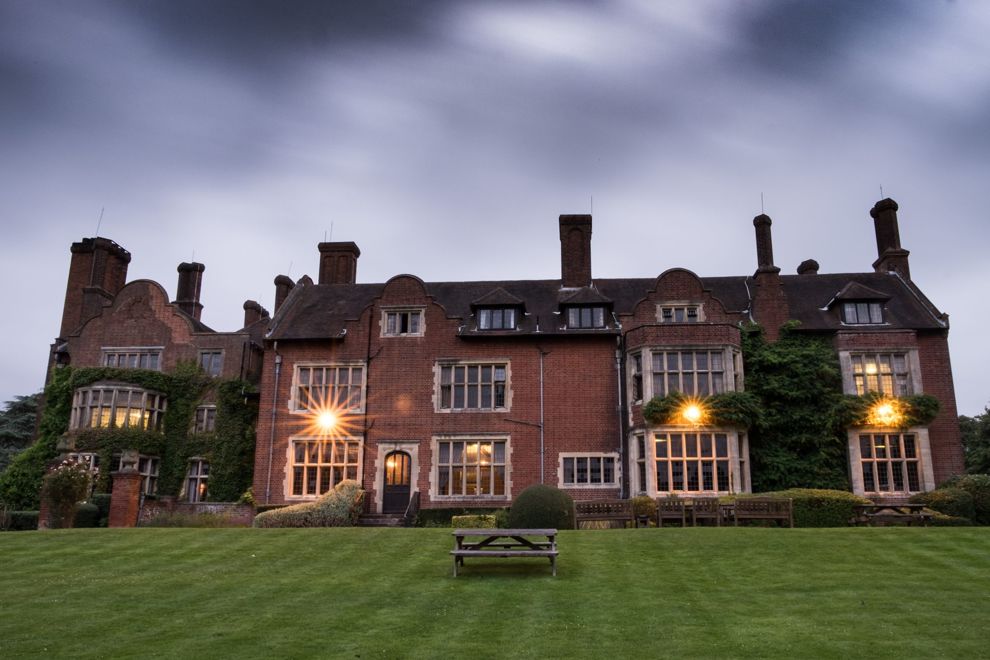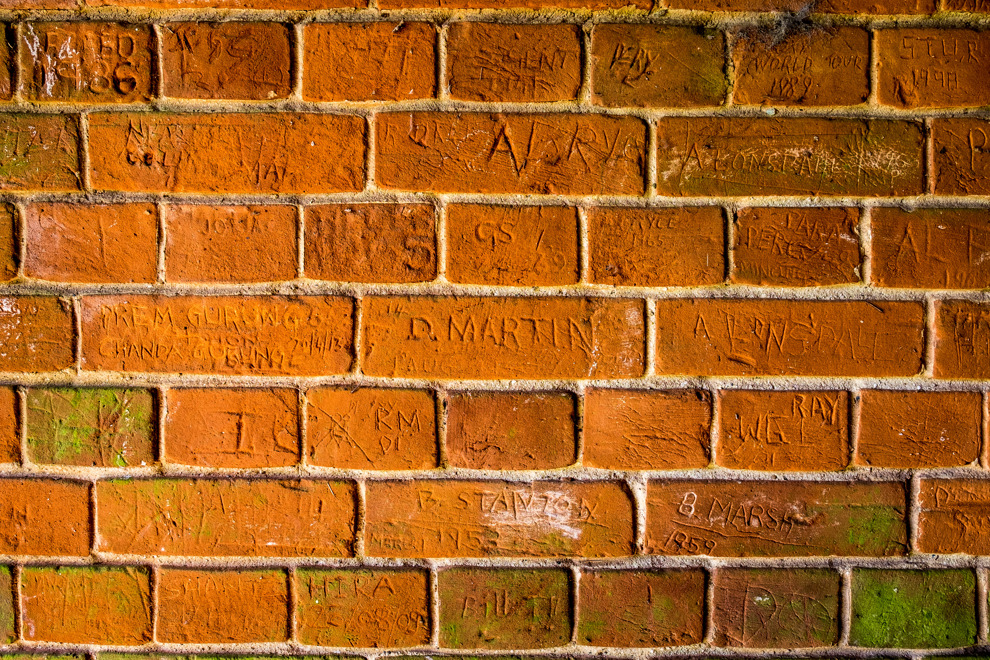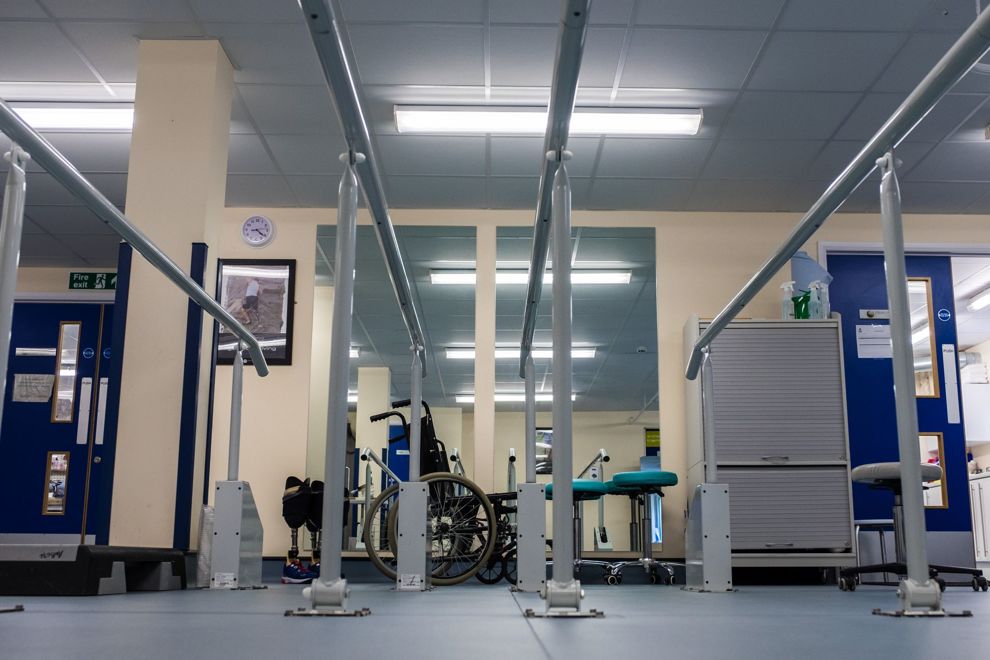The name Headley Court will resonate with almost every single military amputee of the last few decades.
The Defence Medical Rehabilitation Centre in Surrey, which was operational between 1985 and 2018, set thousands of members of the British Armed Forces on the road to recovery.
But while the building and its staff mean different things to everyone who has passed through the doors of the imposing mansion and spent time in its beautiful gardens, the advances in rehabilitation that were achieved there were genuinely revolutionary.
Emily Mayhew, Historian in Residence at the Centre for Blast Injury Studies (CBIS) at Imperial College, London has written a book, A Heavy Reckoning: War, Medicine and Survival in Afghanistan and Beyond, about the “casualty continuum” of the last few decades.
Headley Court was renowned not only for rehabilitation, but for its famous gardens
“If you had asked any physiotherapist or prosthetist before 2008 if a double amputee could learn to walk again, their mindset would have been; probably not."
“But suddenly, when bombs and IEDs were detonated in Afghanistan, their shock waves reverberated all the way back to Surrey. These people desired to not only walk, but to sprint and compete in athletics.
“I will always remember talking to a physiotherapist who worked at Headley Court, who told me about the first time he spoke to [Blesma Member] Mark Ormrod. He asked Mark, who is a triple amputee, what his expectations were, and Mark told him he wanted to be able to run again. The physio told me his first thoughts were that Mark was going to have to change his expectations, but very quickly he realised he was the one who was going to have to change his expectations.”


REHABILITATION
This kind of mindset, echoed by many, many injured Service personnel who came through Headley Court’s doors, led to one of the most astonishing leaps in the history of military rehabilitation.
“They had previously carried out a lot of sports rehab, and their mantra was; if you get a skiing or a rugby injury, we will get you back skiing or playing rugby.
“But what really helped rehabilitate blast injury amputees was having a multi-disciplinary team approach. When the patients arrived, they sat down with a group of medics – consultants, physiotherapists, prosthetists – and they looked at everything.
“And the physios at Headley were prepared to do whatever it took. They were there for the pain, but were also providing psychological support – judging when was the right time for people to work on their own, or to try some competitive walking, realising when they did and didn’t want to talk... They learned it all.
"There was nothing in the textbooks before 2009 to say this was actually possible"
Emily Matthews, Historian in Residence at the Centre for Blast Injury Studies
Life after injury
Soon, staff at Ministry of Defence facility Headley were in a position in which they would be watching three double amputees standing on their prosthetics, chatting to each other in the garden.
The lawn at Headly Court was the perfect space for re-learning to walk in a pleasant, non-medical environment. “The lawn became a walking metric” at the military hospital.
“People would carve their names into the wall at the end of the garden to prove they had reached it.”


FROM BASTION TO HEADLEY
The site was sold by the MoD in 2018, upon purchase of Stanford Hall, and its conversion to the Defence and National Rehabilitation Centre. The site is now treating patients recover from the long-term effects of coronavirus. The NHS Seacole Centre at Headley Court, Surrey, named in honour of the pioneering nurse Mary Seacole, will provide specialist rehabilitation care for patients who are recovering from Covid-19 in the Surrey region. The site was brought by Angle Property in May 2019.
Headley will go down in history as an absolutely groundbreaking place

We can help
We are dedicated to assisting serving and ex-Service men and women who have suffered life-changing limb loss or the use of a limb, an eye or sight. We support these men and women in their communities throughout the UK. Click the link below to find out the different kinds of support we offer.
Get Support
Leave a comment
Join fellow Members and supporters to exchange information, advice and tips. Before commenting please read our terms of use for commenting on articles.